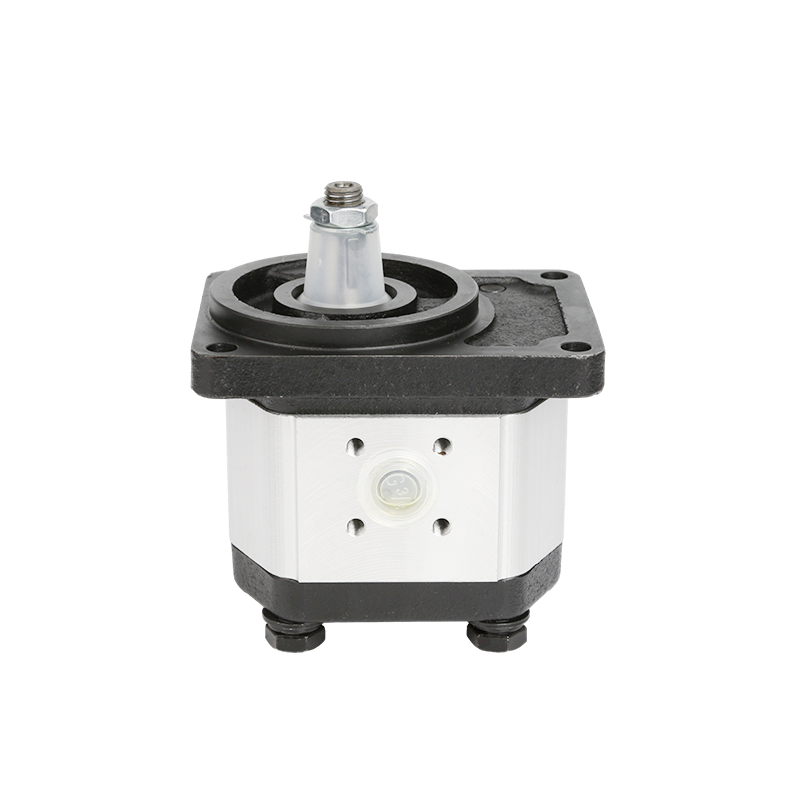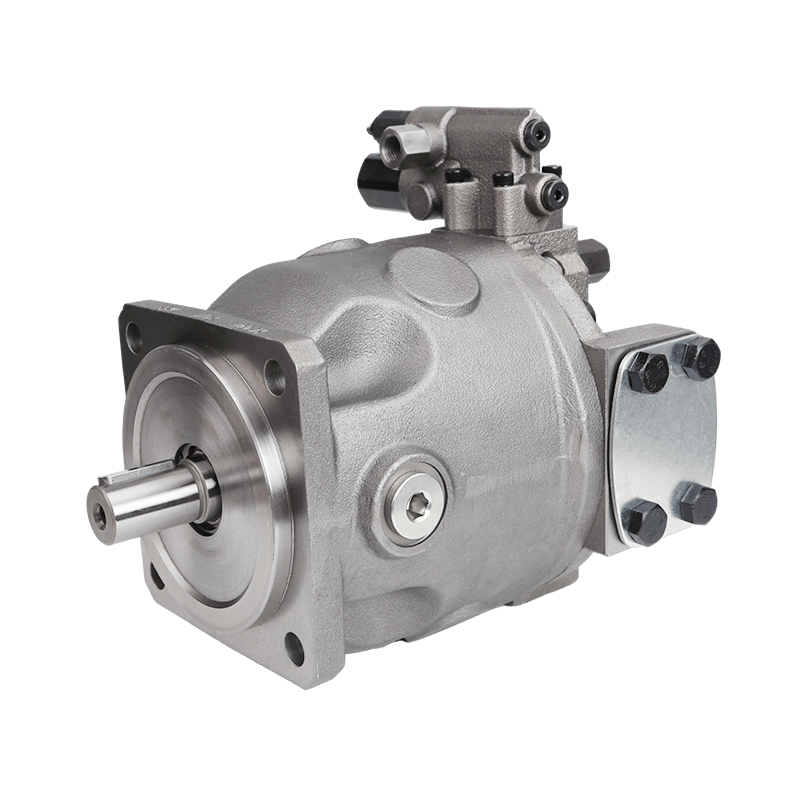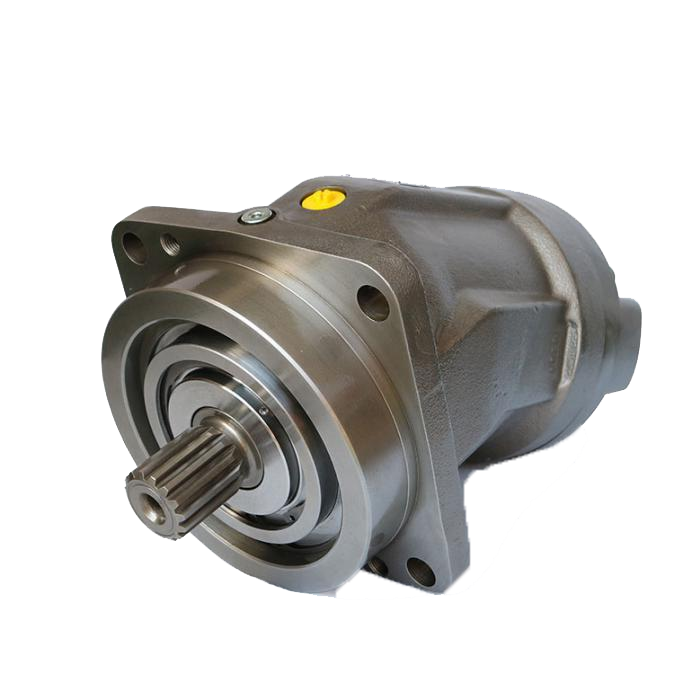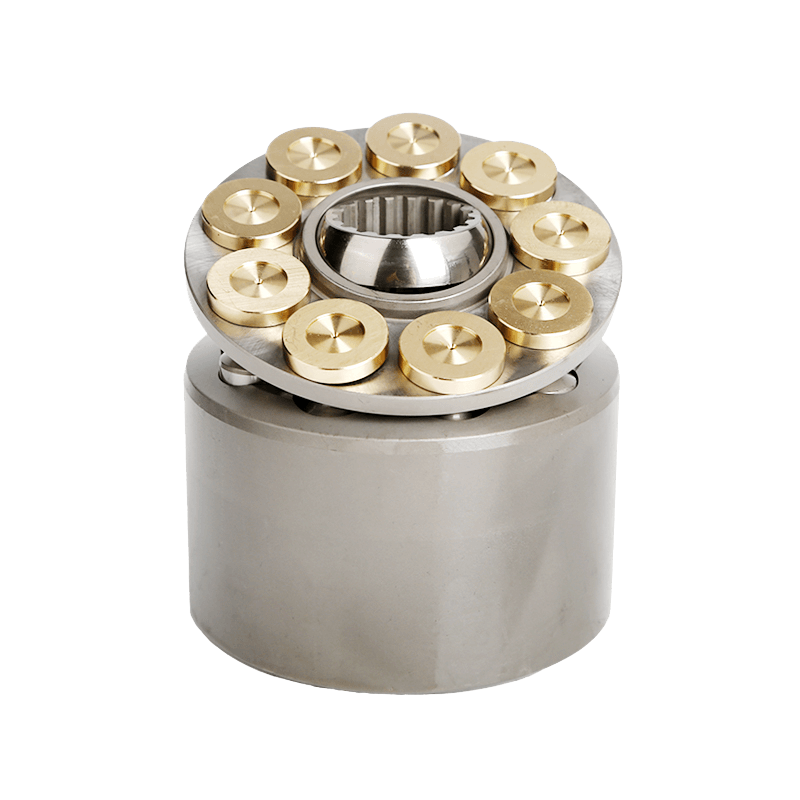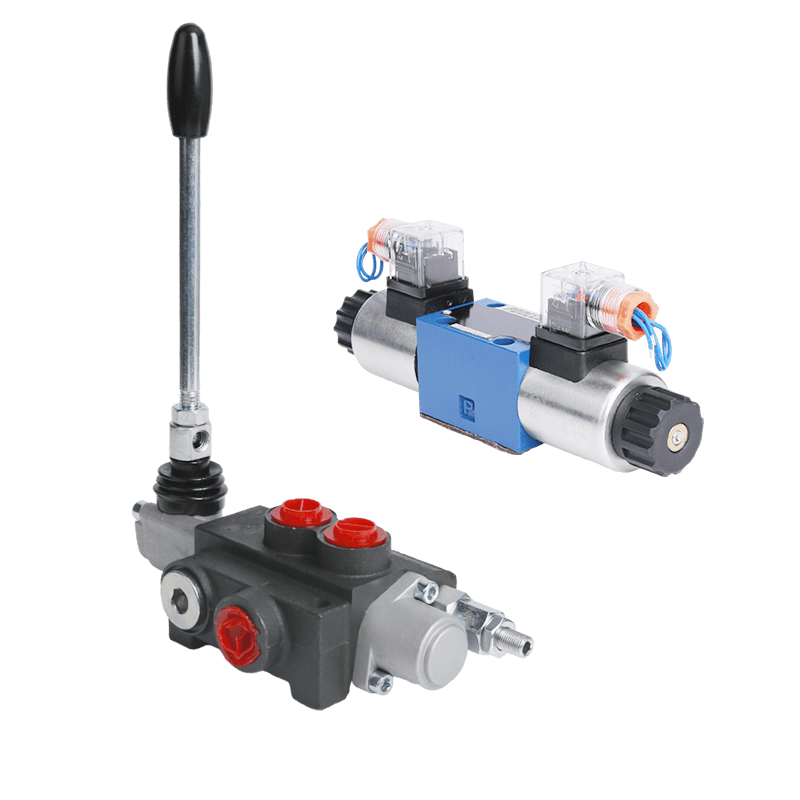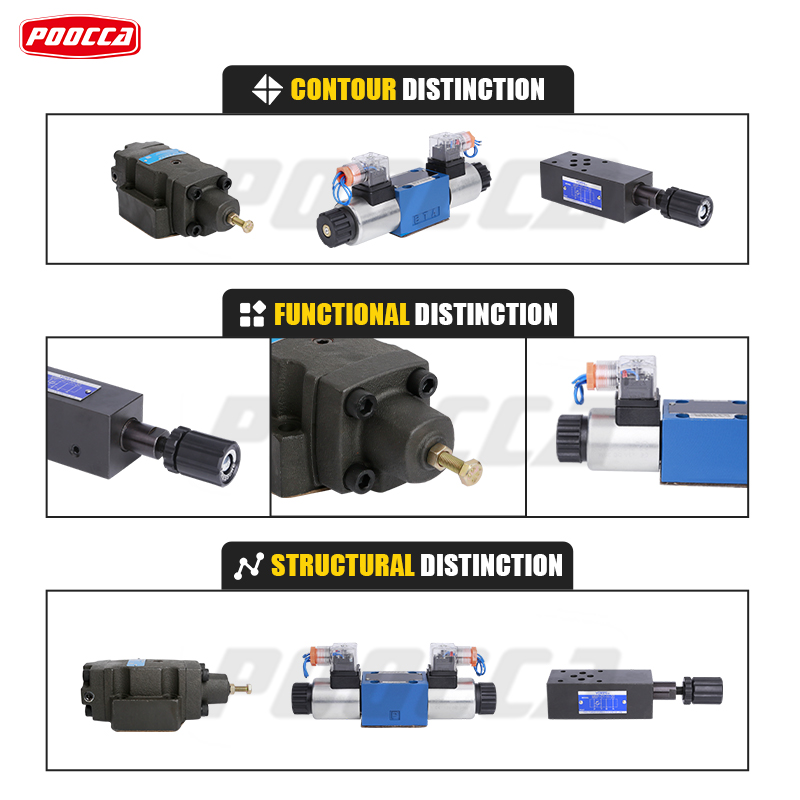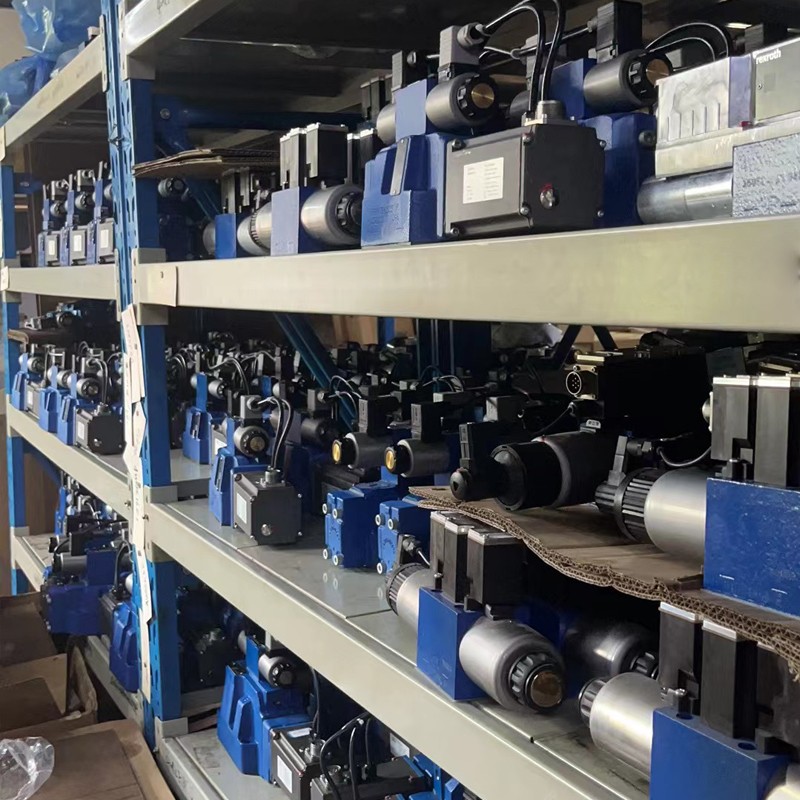Exploring the Basics of Hydraulic Valves
In the realm of hydraulic systems, valves play a pivotal role in regulating the flow of fluid and controlling the overall operation. Understanding the fundamental aspects of hydraulic valves is essential for comprehending their significance and diverse applications.
Understanding Hydraulic Systems
Hydraulic systems are widely utilized in various industries, ranging from manufacturing to construction, due to their ability to transmit power efficiently using pressurized fluids. Hydraulic systems rely on the principles of fluid dynamics to generate, control, and transmit power through the use of enclosed fluid. The Role of Valves in Hydraulic Systems is crucial as they act as control mechanisms that manage the flow and direction of hydraulic fluid within the system. These valves enable precise adjustments in pressure, flow rate, and direction, thereby facilitating smooth and efficient operation.
Types of hydraulic valves vary based on their specific functions within a hydraulic system. Common types include directional control valves, pressure control valves, and flow control valves. Each type serves a distinct purpose in regulating different aspects of fluid flow and pressure to ensure optimal performance.
The Importance of Directional Control Valves
Amongst the various types of hydraulic valves, directional control valves hold significant importance due to their role in determining the path through which fluid flows within a hydraulic system. These specialized valves govern the direction of fluid movement by selectively opening or closing specific pathways. How **Directional Control Valves Work is by utilizing internal mechanisms to direct the flow according to the system’s requirements.
Applications of directional control valves span across numerous industries including agriculture, construction equipment, aerospace technology, and more. Their versatility allows for precise control over machinery movements such as lifting heavy loads or steering vehicles with utmost accuracy.
The market for hydraulic valves has shown substantial growth trends over recent years with a projected market size reaching US$ 34960 million by 2031 at a CAGR of 3.5% during the forecast years. This growth reflects an increasing demand for these essential components across various industrial sectors.
Diving Deep into Directional Control Valve Models
Directional control valves are essential components in hydraulic systems, providing precise control over the flow and direction of hydraulic fluid. Within this category, two prominent models stand out: Cartridge Valves and Control Valves.
Cartridge Valve
Cartridge valves, also known as slip-in valves, are compact hydraulic control valves designed for use in manifold systems. These valves offer a range of features that make them indispensable in various applications.
Features of Cartridge Valves
- Miniature Digital Hydraulic Valve System: These pilot-operated valves boast a fast response and high flow capacity, making them ideal for applications requiring quick and efficient fluid regulation.
- Three-stage Fast-response and Large-flow Directional Valve: This model is engineered for dynamic characteristics analysis, offering energy conversion and management capabilities crucial for optimizing system performance.
Control Valves
Control valves play a critical role in regulating the flow of hydraulic fluid within a system, offering essential functionalities such as flow control and pressure regulation.
Pressure Control Valves: Safety and Efficiency
Pressure control valves are integral to ensuring the safety and efficiency of hydraulic systems. Additionally, globe valves are recognized for their excellent throttling capabilities and superior sealing, while plug valves offer efficient on/off control with space-saving benefits.
By understanding the distinct features of cartridge valves and the significance of control valves in hydraulic systems, engineers can make informed decisions when selecting the most suitable valve models for their specific applications.
Expert Insights on Valve Selection and Application
When it comes to selecting the right hydraulic directional control valve for a specific system, engineers and technicians must carefully consider various factors to ensure optimal performance and efficiency. Expert recommendations play a crucial role in guiding the selection process, offering valuable insights into the application of directional control valves in real-world industrial scenarios.
Selecting the Right Valve for Your System
Factors to Consider
- System Requirements: Understanding the specific operational needs of the hydraulic system is essential when selecting a directional control valve. Factors such as flow rate, pressure levels, and environmental conditions must be thoroughly evaluated to determine the most suitable valve model.
- Compatibility: Ensuring compatibility between the selected valve and other system components, including hydraulic cylinders, actuators, and pumps, is paramount. The seamless integration of valves with existing system elements is critical for achieving optimal performance and longevity.
- Reliability and Durability: Chief Directional Control Valves must exhibit high reliability and durability to withstand demanding industrial environments. Factors such as material quality, resistance to corrosion, and long-term performance capabilities are key considerations in valve selection.
- Maintenance Requirements: Evaluating the maintenance needs of different valve models is crucial for minimizing downtime and optimizing operational efficiency. Selecting valves that offer ease of maintenance and serviceability can significantly impact overall system reliability.
Expert Recommendations
Industry experts emphasize the importance of conducting thorough research on various hydraulic directional valve models before making a selection. It’s recommended to seek guidance from reputable manufacturers and suppliers who can provide detailed technical specifications and application insights tailored to specific industrial requirements. Additionally, collaborating with experienced hydraulic engineers or consultants can offer valuable perspectives on selecting the most suitable directional control valves for diverse applications.
Real-World Applications of Directional Control Valves
Industrial Use Cases
In industrial settings, hydraulic directional control valves find extensive applications across diverse sectors including manufacturing, construction, agriculture, and material handling. These valves are integral components in systems utilizing Hydraulic Tie Rod Cylinders or Sensing Tie Rod Cylinders for precise motion control in heavy machinery operations. Furthermore, they play a vital role in controlling Hydraulic Selector Valve Models used in automated manufacturing processes where accurate fluid flow management is essential for consistent production output.
Innovations in Valve Technology
The evolution of hydraulic valve technology has led to significant innovations aimed at enhancing performance and efficiency. Advancements in digital controls have enabled seamless integration of electronic sensors with traditional hydraulic valves, allowing for precise monitoring and adjustment of fluid flow rates. Moreover, modern hydraulic systems incorporate smart features such as remote access capabilities through IoT integration, providing operators with real-time data view into system performance while enabling predictive maintenance strategies.
POOCCA Hydraulic, a comprehensive hydraulic service company established in 1997, offers a wide range of hydraulic products, including hydraulic valves. These valves are essential components in a hydraulic system, controlling the flow and pressure of the hydraulic fluid to ensure the system operates efficiently and safely.
One of the popular hydraulic valves offered by POOCCA is the P40 P80 P120 Directional Hydraulic Control Valves. These enhanced control valves have a compact structure and stable performance. They can handle flow rates of 40/80/120 liters and pressures up to 315 bar (P), 50 bar (T), and 300 bar (A-B). They are available with 1-7 spools and feature an inlet throttle with a relief valve. These valves are used for tractors, lawn mowers, cranes, and other machinery.
The Future of Hydraulic Valve Technology
Emerging Trends in Valve Design
The field of hydraulic valve technology is witnessing a significant shift towards innovative designs and advanced functionalities to meet the evolving demands of modern industrial applications. One prominent trend shaping the future of hydraulic valves is the integration of Smart Valves and IoT capabilities, revolutionizing the way hydraulic systems are monitored and controlled.
The integration of smart technologies into hydraulic valves enables real-time monitoring, data analysis, and remote control functionalities. By leveraging IoT connectivity, operators can gain unprecedented insights into system performance, fluid flow dynamics, and operational parameters. This enhanced visibility allows for proactive maintenance scheduling, predictive fault detection, and optimized energy consumption, ultimately leading to improved overall system efficiency.
Furthermore, sustainability and eco-friendly designs have emerged as key focal points in the development of next-generation hydraulic valves. Manufacturers are increasingly prioritizing energy-efficient solutions that minimize power losses and reduce environmental impact. This shift towards sustainability encompasses the adoption of digitalization, energy-saving control mechanisms, and the utilization of novel materials to enhance durability while minimizing ecological footprint.
Expert Predictions on the Evolution of Hydraulic Valves
Industry experts foresee a transformative evolution in hydraulic valve technology driven by advancements in AI and machine learning. These cutting-edge technologies are poised to revolutionize valve design by enabling autonomous decision-making capabilities based on real-time data analysis. AI-powered predictive maintenance algorithms will play a pivotal role in optimizing system performance while minimizing downtime through early fault detection and proactive component replacement strategies.
Moreover, machine learning algorithms will enable hydraulic valves to adapt dynamically to changing operational conditions, ensuring optimal fluid flow regulation across varying load scenarios. This adaptive capability holds immense potential for enhancing overall system responsiveness while maximizing energy efficiency.
As the industry continues to embrace digitalization and automation, future challenges and opportunities are expected to arise. Challenges may include addressing cybersecurity concerns related to IoT-enabled valves and ensuring seamless interoperability with existing industrial automation platforms. On the other hand, opportunities lie in harnessing the full potential of smart valve technologies to unlock new levels of productivity, reliability, and sustainability across diverse industrial sectors.

